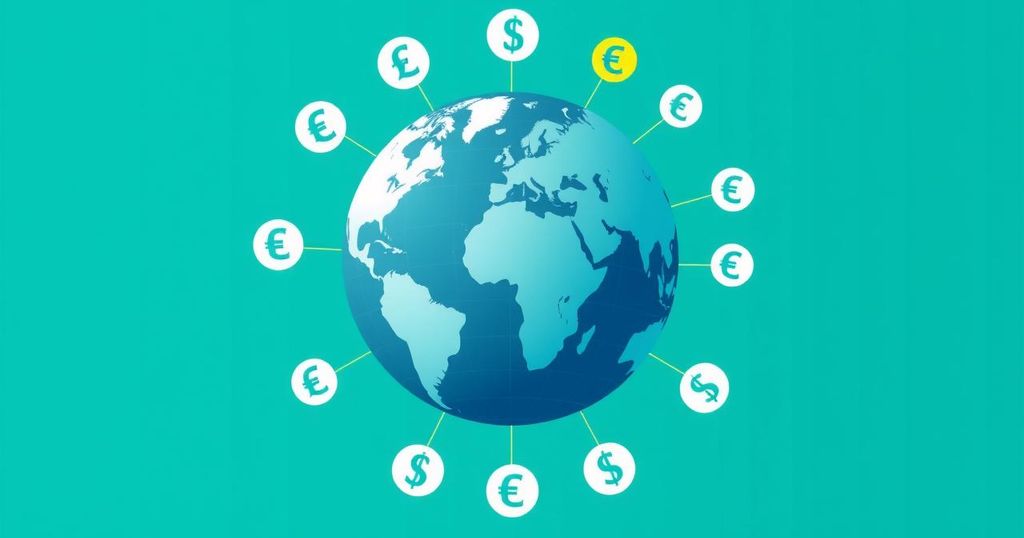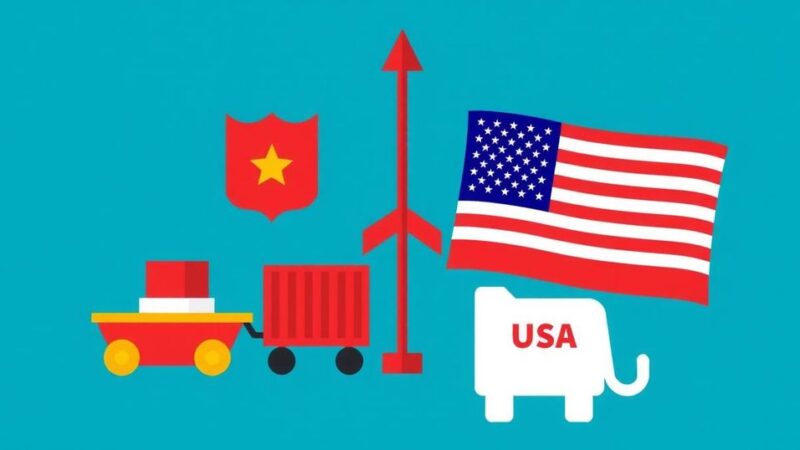President Trump plans to announce new reciprocal tariffs affecting all U.S. trade partners on April 2, 2023. White House spokesperson Karoline Leavitt highlighted the aim to rectify unfair trade practices. The situation poses potential challenges for countries like India and has prompted strong responses from U.S. allies.
On April 2, 2023, President Donald Trump is set to unveil new reciprocal tariffs impacting all U.S. trade partners, although specific details regarding the tariffs remain undisclosed ahead of the announcement. This move follows consistent assertions by the President aiming to rectify unfair trade practices that have historically disadvantaged the United States.
White House spokeswoman Karoline Leavitt emphasized the urgency of this tariff plan, stating, “The president will be announcing a tariff plan that will roll back the unfair trade practices that have been ripping off our country for decades.” She outlined that tariffs would be applied immediately post-announcement, with a notable 25% tariff on auto imports taking effect on April 3.
As countries like India prepare to navigate the impending economic impact, they are adopting a cautious approach amidst ongoing trade uncertainties. Leavitt suggested that the specifics regarding these reciprocal tariffs would be determined directly by Trump’s decisions. Despite the looming tariffs, India continues to work toward cementing a bilateral trade agreement with the U.S., aiming to capitalize on opportunities for negotiation.
Reports indicate that U.S. officials, including Treasury Secretary Scott Bessent, have conveyed that the new tariffs will set an upper limit on duties imposed, potentially lowering these tariffs contingent upon meeting American demands. Meanwhile, speculation persists regarding a possible 20% tariff increase across the board, with projected revenues serving as rebates for affected sectors.
Responses from U.S. allies reflect a robust stance against these tariffs, with Canada expressing readiness to impose its own tariffs in retaliation, as articulated by Prime Minister Mark Carney’s office. In Europe, EU executive chief Ursula von der Leyen advocated for a collaborative resolution while preparing a strong strategy to safeguard the interests of European workers and businesses.
In summary, President Trump’s forthcoming announcement of reciprocal tariffs marks a significant shift in U.S. trade policy, impacting numerous countries, including India. The White House prepares for immediate tariff implementation, while affected nations strategize their responses. This situation highlights the complexities of international trade relations and the potential for ensuing economic repercussions.
Original Source: www.hindustantimes.com






